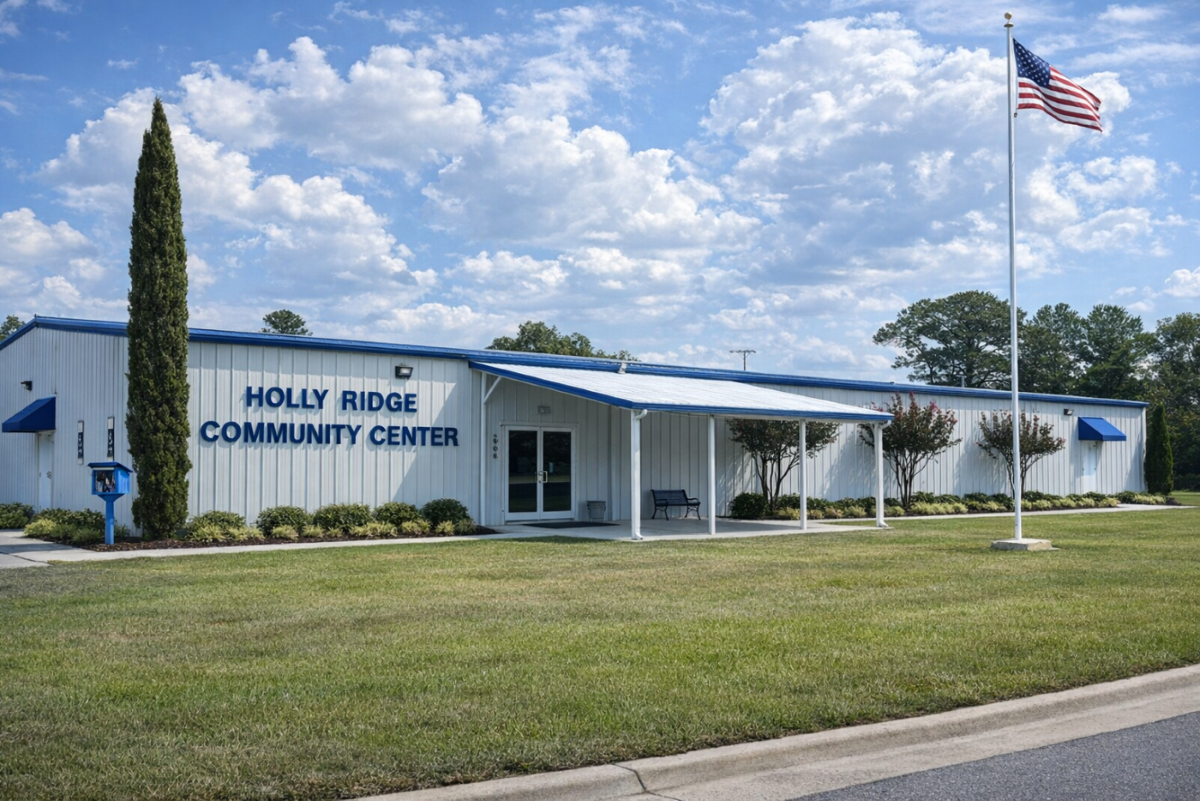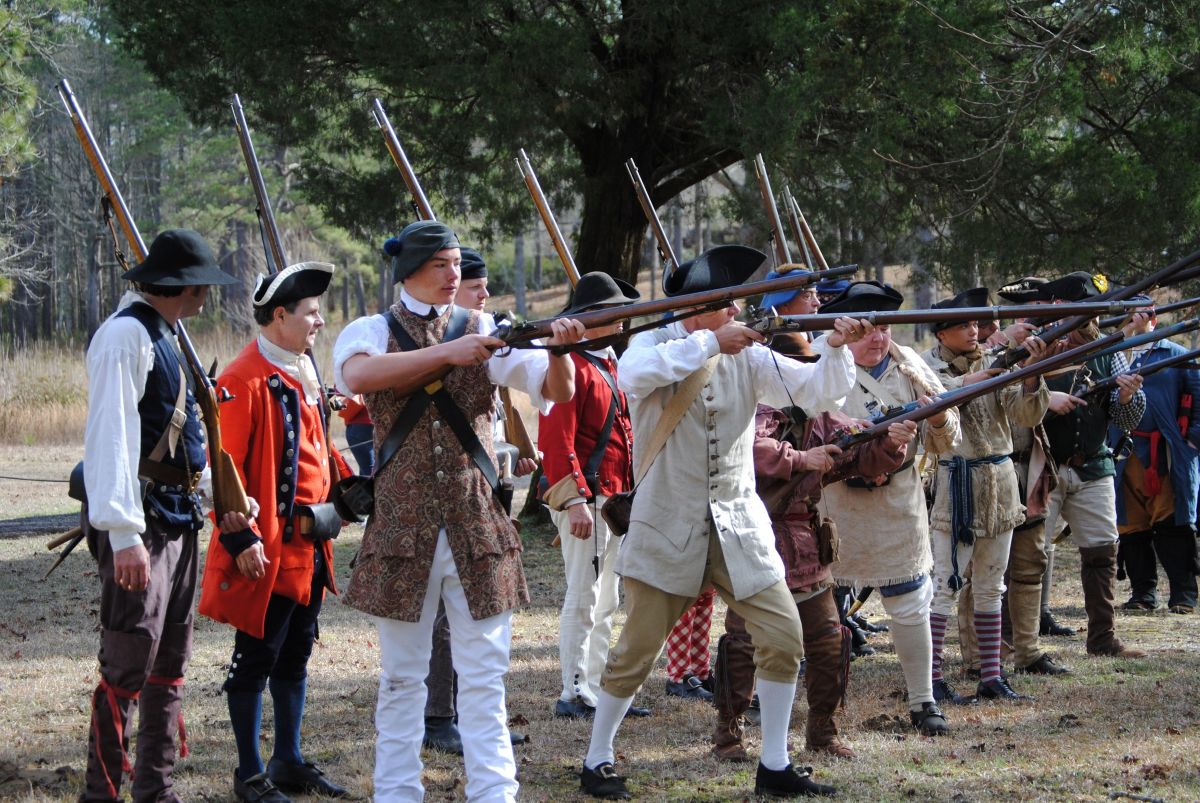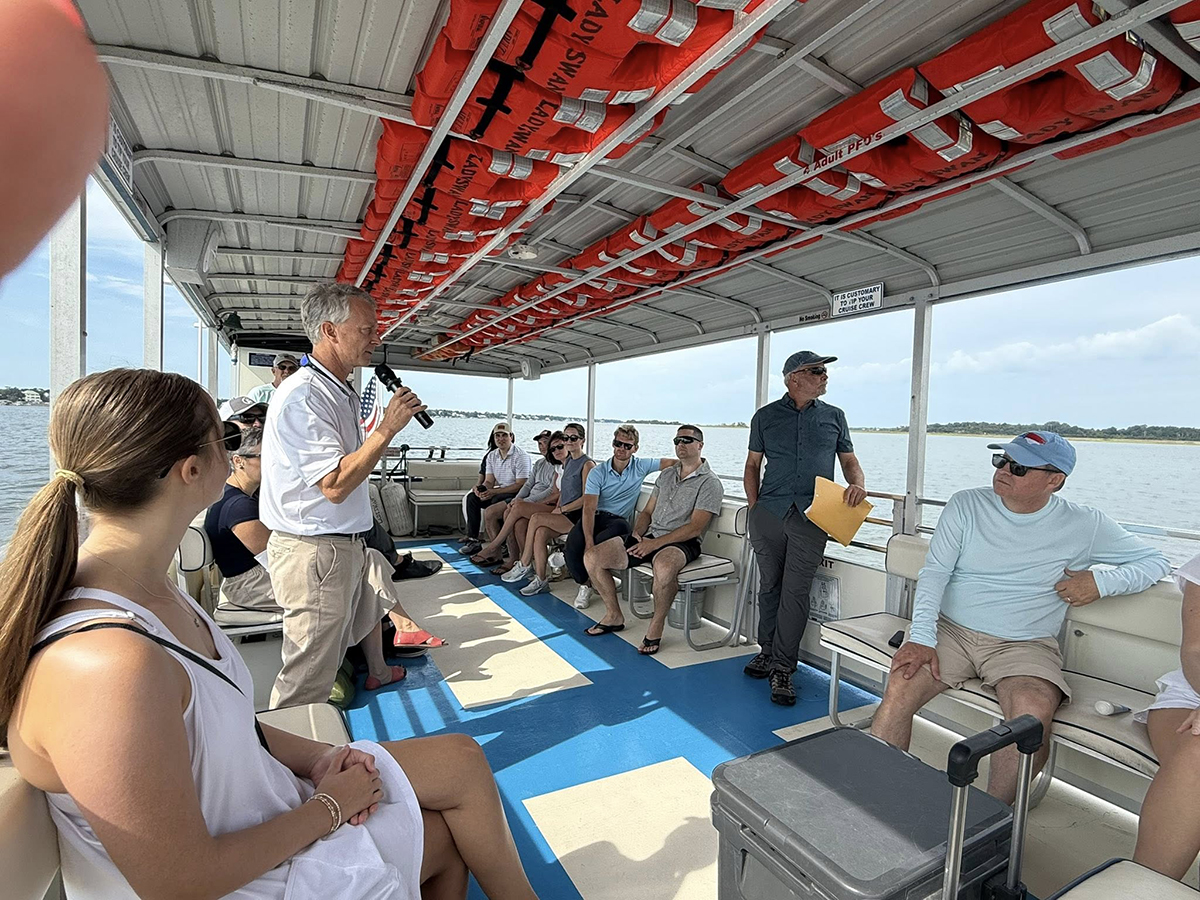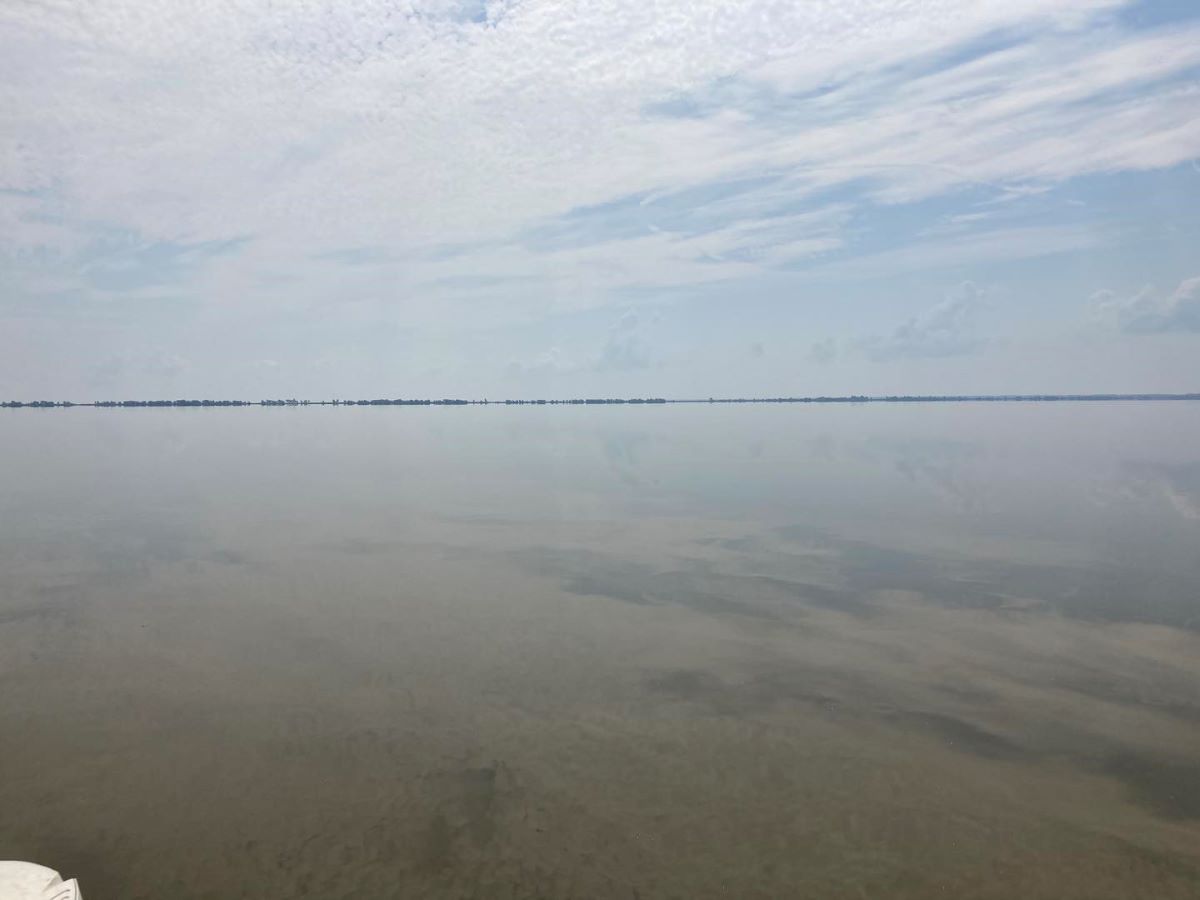
The U.S. Fish and Wildlife Service shared this week its plans for a $27.25 million allocation announced in March 2023 for restoration work in the Albemarle-Pamlico region.
Funded through the Inflation Reduction Act, nature-based solutions projects are sustainable practices that use natural features or processes to reduce carbon emissions and improve climate adaptation and resilience. The proposed projects are for nine units of the national wildlife refuge system and on state-owned game lands in northeastern North Carolina.
Supporter Spotlight
“This investment prioritizes projects that promote coastal resilience and climate adaptation, addresses invasive species threats, and provides for additional data collection needed to support successful natural resource resilience,” officials said.
Service Director Martha Williams announced the plans Thursday at Mackay Island National Wildlife Refuge in Knotts Island.
“These projects allow for significant progress towards restoring rivers, coasts and wetlands, and improving ecosystems that have been subjected to flooding and other extreme weather events,” Williams said in a statement. “With increasing shoreline erosion, saltwater intrusion and loss of habitable environments, the Inflation Reduction Act gives us the resources needed to implement nature-based solutions which will have lasting benefits to nature and communities for generations to come.”
Living shorelines are planned for Swanquarter National Wildlife Refuge in Hyde County, Cedar Island National Wildlife Refuge in Carteret County, Currituck National Wildlife Refuge and Mackay Island National Wildlife Refuge, both in Currituck County, and Pea Island National Wildlife Refuge in Dare County.
Living shorelines reduce wave action, trap sediment and help protect marsh and wetland habitats. The nature-based solution can reduce the severity of storm surge during severe weather events and improve water quality in nearshore waters.
Supporter Spotlight
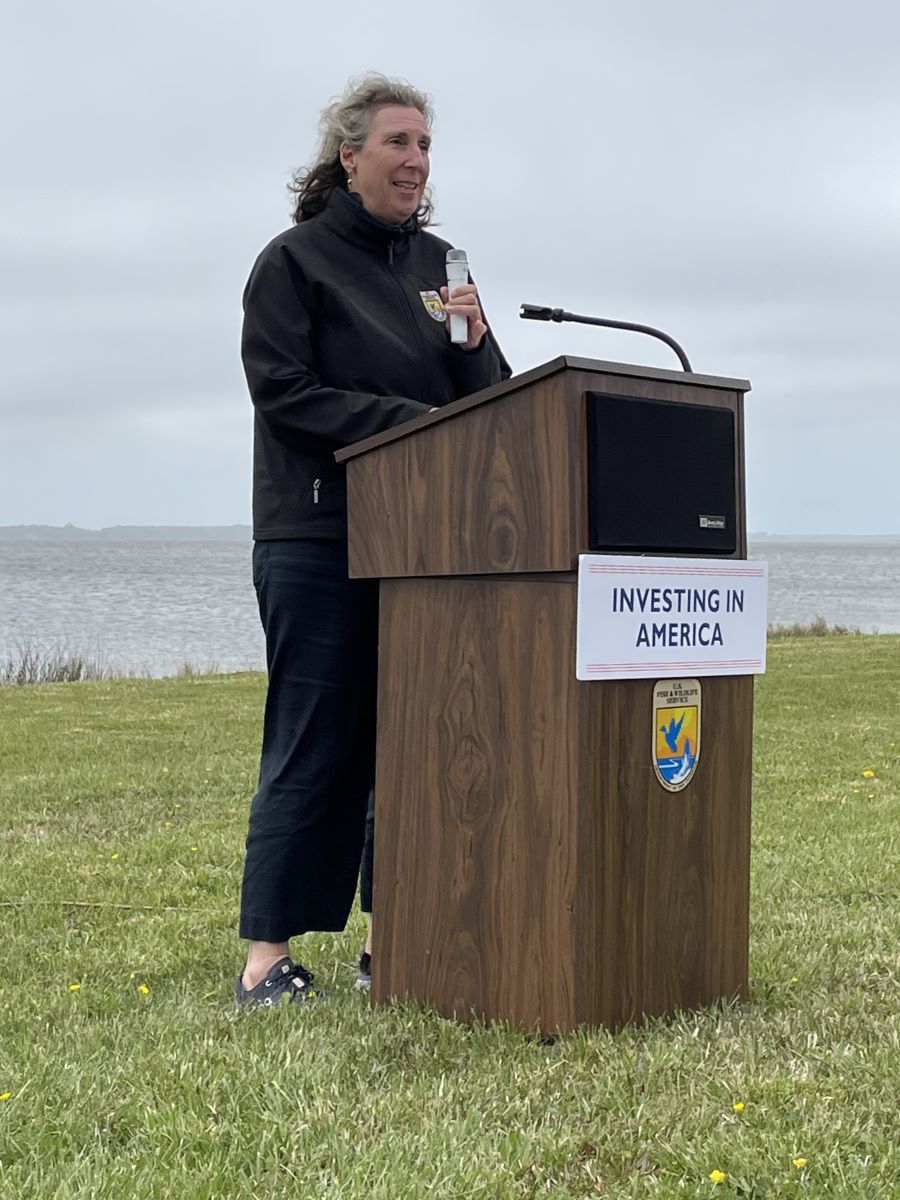
Projects at the Alligator River National Wildlife Refuge in Tyrrell and Dare counties will focus on upgrading water-management infrastructure to reduce the impacts of saltwater intrusion.
Funds earmarked for Mattamuskeet National Wildlife Refuge in Hyde County are to focus on improving the lake’s water quality and water management capability by redirecting water runoff.
Projects at the Pocosin Lakes National Wildlife Refuge in Hyde, Washington, Tyrrell counties will focus on restoring peatlands.
The work planned for Roanoke River National Wildlife Refuge in Bertie County is to remove barriers that isolate the Roanoke River from its floodplain.
North Carolina Wildlife Resources Commission will receive $5 million to invest in Goose Creek Game Land and Gull Rock Game Land. The projects will focus on on shoreline protection, improvements to water quality, climate resiliency, and wetland impoundment upgrades.
“The Albemarle-Pamlico Estuarine System is home to some of the most climate vulnerable counties in the nation and is particularly susceptible to sea level rise and changes in storm intensity and frequency,” Mike Oetker, regional director for the U.S. Fish and Wildlife Service Southeast Region, said. “We will continue working with partners to ensure we are good stewards of this significant investment, using nature-based solutions to increase resiliency in our communities and water-management infrastructure, as well as provide clean air and water for the community and local wildlife.”
For more information about the Service’s Inflation Reduction Act-related efforts, visit the U.S. Fish and Wildlife Service’s website.



